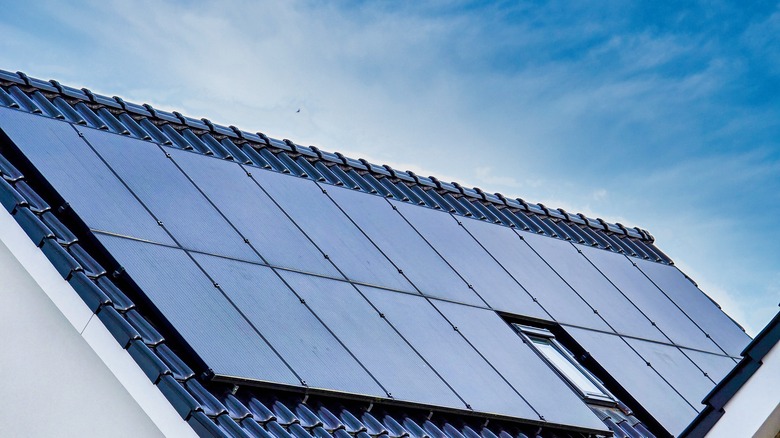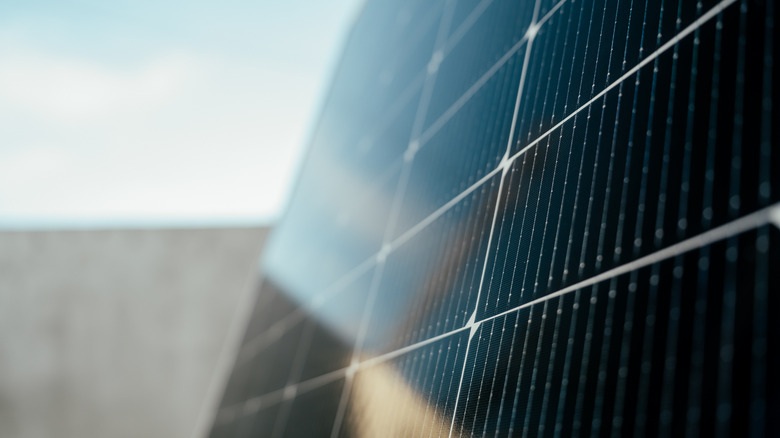New Study Suggests Solar Panels Could Last Even Longer Than We Thought
If you're weighing up whether or not it's worth getting solar panels fitted to your house, one of the key considerations is how long you can expect those panels to last. A new study reports that, with the right conditions, solar panels can continue to operate efficiently for significantly longer than most tests initially expected. However, there is a catch. The study was published in EES Solar journal, and tracked the performance of six solar panel systems installed in various locations across Switzerland over the course of three decades. Some were located in lower-altitude, warmer environments, while others were in higher-altitude, cooler areas.
On average, the systems declined in performance by just 0.24 percent each year. That's despite previous industry estimates suggesting that most solar panel systems could expect to lose 0.75%-1% of their performance annually. This slower rate of decline suggests that estimates regarding how long solar panels can last might be pessimistic, with most of the surveyed panels retaining more than 80 percent of their initial performance even after 30-35 years of use.
The degradation of the solar panels varied between higher and lower altitude areas, with panels located in higher altitude areas degrading slower. This was reportedly due to the lower thermal stress levels endured by those high-altitude panels. However, the most significant factor in how fast the panels degraded wasn't their location, but their initial build quality.
BOM was the deciding factor in solar panel longevity
According to the study, the panels that performed the best over the 30-year period were the ones that had a higher bill of materials, or BOM. A higher BOM means that higher-quality materials were used to build the panel, which would have pushed up the initial cost of installation but evidently came with the benefit of added system longevity. However, that might not be good news for buyers of new solar panels, since the study notes that many modern solar panel producers prioritize keeping initial costs low rather than building panels with the highest quality materials. Based on this reported data, that might have a notable adverse effect on their lifespan.
The study also acknowledges that solar panel design has changed in recent years. A wider range of consumer solar panels are now available, and there isn't much real-world data out there yet to show how these newer types of panels hold up compared to older designs. It also can't account for the wide range of reasons that solar panels can break, which can include extreme weather or damage from falling debris. As a result, the study can't give a definitive answer to the question of how long today's solar panels will be expected to last, but it does offer the positive view that, historically, manufacturers have underestimated the long-term effectiveness of their systems.

